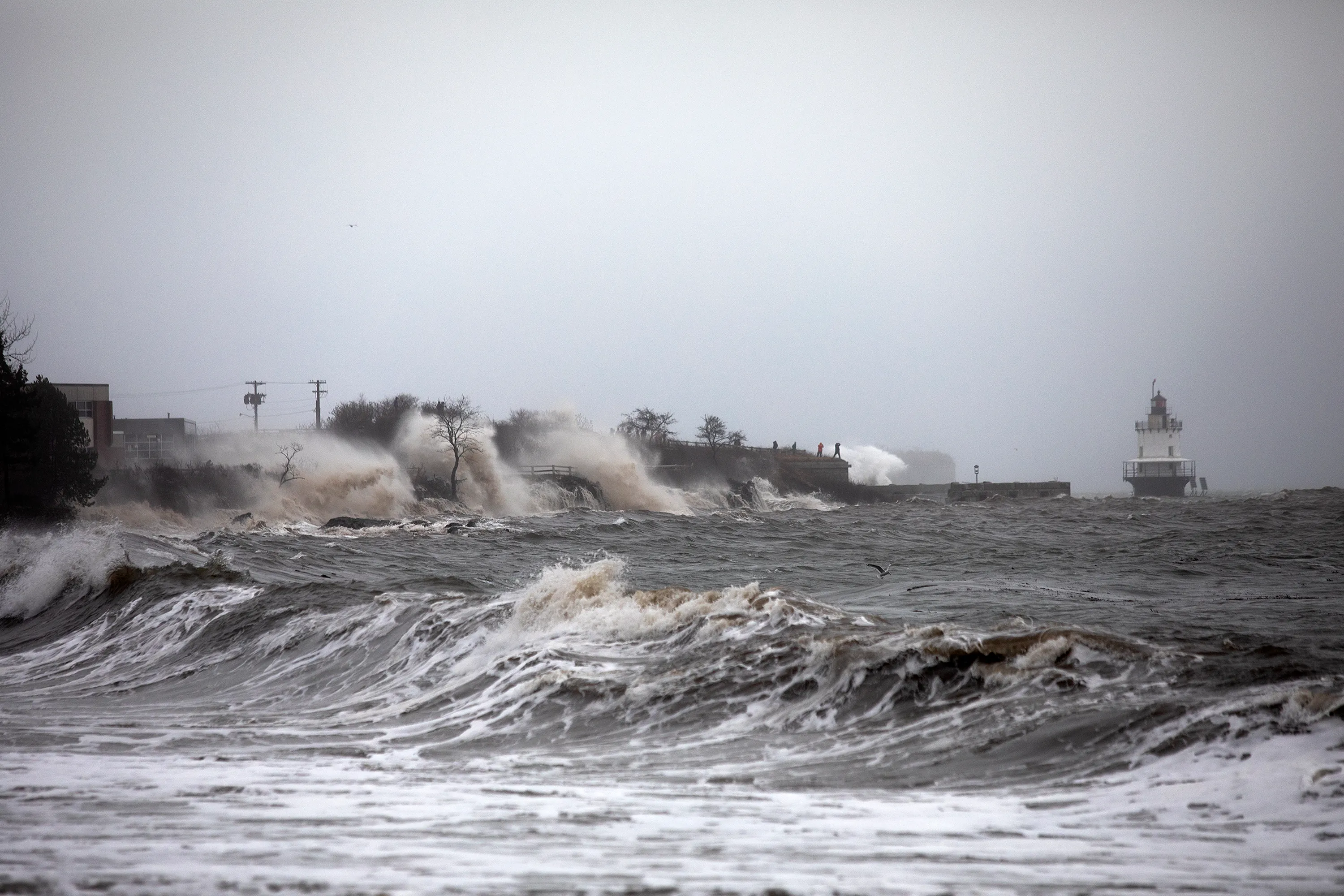
Maine remains committed to its environmental agenda, but proposed federal budget and staffing cuts could put the state’s air and water quality, climate goals, clean-up efforts and storm readiness at risk, according to state leaders and environmental advocates.
“These proposed cuts represent the most extreme rollback of environmental funding in decades,” Anya Fetcher, a federal lobbyist for the Natural Resources Council of Maine, said on Thursday. “The budget risks undoing decades of progress and could leave a legacy of environmental harm.”
In a new report, Damaging Maine, the Council outlines the localized effect of a budget proposal from the U.S. House Appropriations Committee, which seeks to cut 23% of both budget and staff of the U.S. Environmental Protection Agency.
The Maine Department of Environmental Protection relies heavily on federal funding for nearly every aspect of its work, from enforcement to monitoring. According to the report, EPA funding accounted for 21.5% of the MDEP’s 2024 budget and funded 102 of the agency’s staff.
The proposed cuts would be felt locally, as well. Fred Dillon, water resources director in South Portland, said a $33,000 grant that came from the Clean Water State Revolving Fund — which may get hit with a 26% federal cut — helped the city reduce beach closings caused by sewage contamination at Willard Beach.
That grant paid for the city to line about 800 feet of stormwater pipe in December 2024 near Willard that was absorbing sewage leaking from a nearby sewer pipe, which the city funded to repair, Dillon said.
Advertisement
“That fund was really important to us,” Dillon said. “We have way more needs than funds.”
The proposed House budget also includes a 59% cut to the EPA Superfund program that cleans up the most contaminated, most expensive and most complicated hazardous industrial sites in the U.S. Only six of Maine’s 16 Superfund sites have been remediated.
Brunswick Naval Air Station, which has been redeveloped and rebranded as Brunswick Landing, is a Superfund site because of chemical contamination left behind by the U.S. Navy. The Natural Resources Council of Maine said clean-up efforts there will likely be slowed due to budget cuts.
While the Council was releasing its report on Thursday, the Maine Climate Council was discussing, during its quarterly meeting, the toll federal program cuts and loss of grants have already had on the state. This includes losing science capacity and federal data needed to evaluate the state’s climate progress.
But Maine Climate Council members, including several state agency heads, were optimistic that, with a flexible approach to funding the work and relaxed deadlines, the state can continue its climate and environment work despite the changing federal landscape.
“We’re going to need to be thinking strategically,” said MDEP Commissioner Melanie Loyzim, the co-chair of the Maine Climate Council. “Be flexible.”
Advertisement
During the meeting, Loyzim focused on the EPA’s plan to rescind its 2009 finding that greenhouse gases pose a threat to public health, which will undermine the state’s ability to track its own emissions. Loyzim did not address how federal budget cuts would impact MDEP and didn’t reply to an email seeking comment.
Melissa Law, an organic farmer who serves on the Maine Climate Council, said federal agriculture, environment and climate programs that had been cut but were restored are still at risk because the funding pause forced many participants to find new work.
“People have to seek other employment opportunities because they can’t live … in the uncertainty of whether their salary is going to be continued or not,” said Law, who operates Bumbleroot Farm in Windham. “Disruptions are having a really big impact on Mainers’ lives.”



